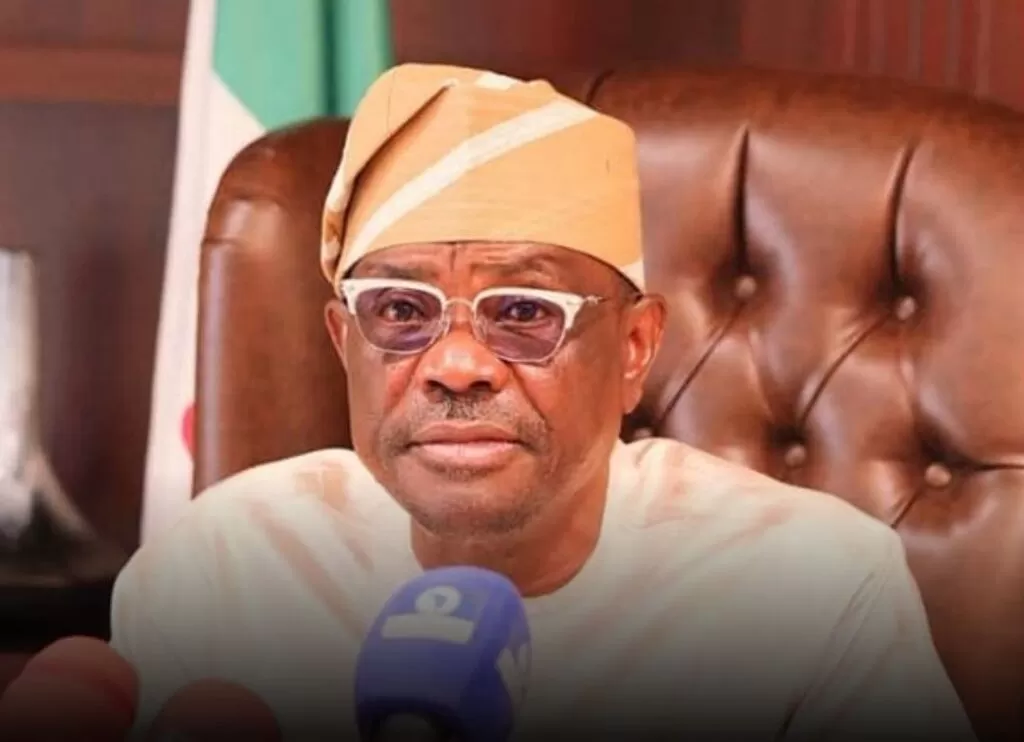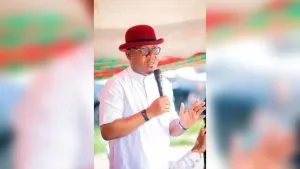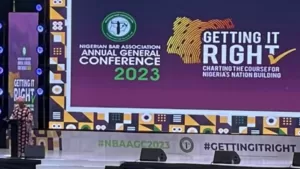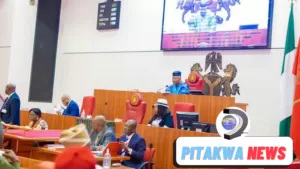Wike’s One-Year Review as FCT Minister.

Nyesom Wike, the Minister of the Federal Capital Territory (FCT), celebrated his one-year anniversary in office on August 21, 2024. During his tenure, Wike has been recognized for his effective leadership, focusing on completing abandoned projects, enhancing infrastructure, and improving service delivery in Abuja.
His administration’s efforts have been praised by various reports and officials, noting a significant transformation in the city. Wike hosted a live media parley to discuss his achievements and future plans, emphasizing his ambition to make the FCT a more livable city. His performance has converted many skeptics, highlighting his impact on the development and governance of the FCT.
Based on the information available up to August 21, 2024, here’s a summary of Nyesom Wike’s one-year review as the Minister of the Federal Capital Territory (FCT):
- Infrastructure Development: Wike has been credited with significant infrastructural projects. This includes the completion of roads like B6, B12, and Circle Road in Abuja’s Central Area, the relaunch of the Abuja Light Rail with seven months of free rides, and the construction of the Southern Parkway. He has also overseen the construction of rural roads across the six Area Councils of the FCT, aiming to complete them by December 2024.
- Security Enhancements: There’s been an emphasis on improving security within the FCT. This includes the establishment of additional police posts, distribution of security vehicles, and the formation of a Joint Task Force to combat various forms of crime, which has been noted for reducing incidents of security breaches.
- Agriculture and Health: Efforts in agriculture have been highlighted with the distribution of agricultural inputs to farmers to ensure food security. In health, there’s mention of actions to prevent cholera outbreaks, indicating a focus on public health.
- Administrative and Financial Reforms: Wike has initiated reforms like the creation of the FCT Service Commission and changes in revenue collection to avoid double taxation, aiming to improve internally generated revenue (IGR). The establishment of a Civil Service Commission for the FCTA was also part of his administrative reforms.
- Public Perception and Media Coverage: Media and public sentiments on X (formerly Twitter) show a mix of praise and criticism. Some laud Wike for his proactive approach, especially in infrastructure and security, while others critique aspects like the increase in housing costs and the state of certain roads.
- Projects and Commissions: Wike has been involved in commissioning several projects, including the official residence of the Vice President, which symbolizes not just infrastructure development but also respect for the office. The completion of these projects, some of which were abandoned, has been a significant part of his tenure.
- Economic and Social Impact: There’s mention of increased poverty and housing costs in the FCT, suggesting that while infrastructure has seen development, economic conditions for some residents might have worsened.
- Political and Administrative Style: Wike’s approach has been described as both administrative and grassroots, indicating his engagement with the community and his focus on completing projects, aligning with President Tinubu’s “Renewed Hope Agenda.”
This review encapsulates Wike’s efforts in transforming the FCT through infrastructure, security, and administrative reforms, though with mixed reactions regarding the broader socio-economic impacts on residents.







